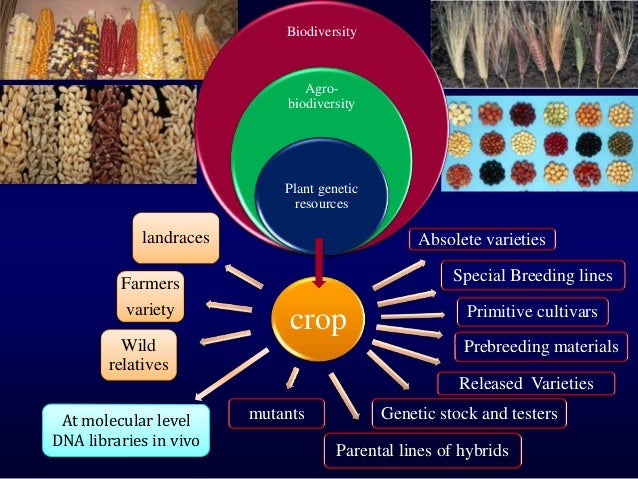Genetic Resources Economy

The Role of Traditional Knowledge in Economic Empowerment
Traditional economies have played a crucial role in transforming the lives of indigenous peoples and local communities by offering them opportunities to harness their cultural heritage, natural resource management skills, agricultural knowledge, and traditional medicines. These elements not only preserve unique ways of life but also provide tangible financial benefits. As a result, many communities have found new avenues for economic growth through handicraft trade, biomedical research, and sustainable practices.
The introduction of the Global Agreement on Traditional Knowledge (GRATK) has been instrumental in setting new trade norms. It aims to address the historical exploitation of genetic resources and traditional knowledge, supporting community-based enterprises. This agreement has positively influenced local and national economies, governance, laws, and sustainable resource management. It also emphasizes the protection of traditional knowledge (TK) and technologies for local consumption and production.
The WIPO Treaty on Genetic Resources and Traditional Knowledge
The World Intellectual Property Organization (WIPO) Treaty on Genetic Resources (GR) and Associated Traditional Knowledge (TK) is designed to protect the cultural heritage of indigenous peoples. It highlights the importance of safeguarding ancestral knowledge to prevent corporations from claiming intellectual property rights over GRs and TK, which could deprive local communities of their rightful benefits. The treaty mandates that patent applications involving GRs and associated TK must disclose such information. While this is seen as a significant step in addressing misappropriation, its effectiveness will depend on how countries implement and enforce these provisions.
Additionally, the treaty requires countries to monitor and maintain repositories of their genetic resources and traditional knowledge. This is essential for ensuring that indigenous communities retain control over their intellectual property and can benefit from it.
Pakistan's Rich Genetic Resources and Challenges
Pakistan is home to a diverse range of genetic resources, including medicinal plants like Ajwain, Neem, and Sumbul, as well as unique crop varieties such as Basmati rice and Safflower. Indigenous communities in regions like Balochistan, Gilgit-Baltistan, and Khyber Pakhtunkhwa possess generations-old knowledge about the medicinal, agricultural, and ecological uses of these resources. If properly managed, this knowledge has the potential to contribute significantly to poverty alleviation, sustainable development, and empowerment.
However, the lack of research, documentation, and adequate legal frameworks has made this heritage vulnerable to foreign exploitation. Without proper safeguards, valuable knowledge and resources could be lost or misappropriated.
Key Provisions of the GRATK Treaty
The GRATK treaty introduces three main provisions that are critical for protecting traditional knowledge. The first is the mandatory disclosure of genetic resources and traditional knowledge in patent applications. This requirement enhances transparency and reduces the risk of exploitation. It allows Pakistan to challenge patents filed abroad that involve its GRs and TK, provided a comprehensive database is created to prevent bio-piracy at international patent offices.
The second provision involves sanctions for non-disclosure. Contracting parties can impose penalties for failing to disclose the use of GRs and TK. This gives Pakistan an opportunity to penalize companies or researchers that do not comply with the treaty’s requirements. However, the extent of these penalties is determined by individual governments.
The third provision encourages, though does not mandate, the establishment of national information systems and databases. These systems would help patent offices prevent wrongful patent grants. Without a government-backed repository, Pakistan’s TK remains at high risk of unauthorized commercial use.
Steps for Effective Implementation
To fully benefit from the treaty, Pakistan should promptly ratify it to gain international legal support in disputes over bio-piracy and intellectual property claims. It must also create and maintain a comprehensive digital repository of its medicinal plants, agricultural varieties, and indigenous knowledge to prevent foreign patenting of its resources.
Promoting entrepreneurship based on traditional knowledge and cultural expressions is another vital step. This approach can celebrate the rich and diverse cultures of indigenous peoples while creating jobs and generating income. Women entrepreneurs, who often play a key role in preserving and utilizing traditional knowledge, should be encouraged to build capacity in GRATK and acquire basic knowledge of IPRs to effectively engage in the digital economy.
Addressing Challenges and Building Capacity
Many actors in Pakistan’s traditional economies face challenges due to a lack of awareness and expertise in GRATK and IPRs. Women from local communities, in particular, often hold significant knowledge but may lack access to education, funding, and support services. The government should provide opportunities for stakeholders to learn about entrepreneurship, networking, and experience-sharing with other entrepreneurs from the region. This would help them develop their projects and businesses more effectively.
By taking these steps, Pakistan can better protect its traditional knowledge, empower its communities, and ensure that the benefits of its rich heritage are preserved and utilized for future generations.

Comments
Post a Comment